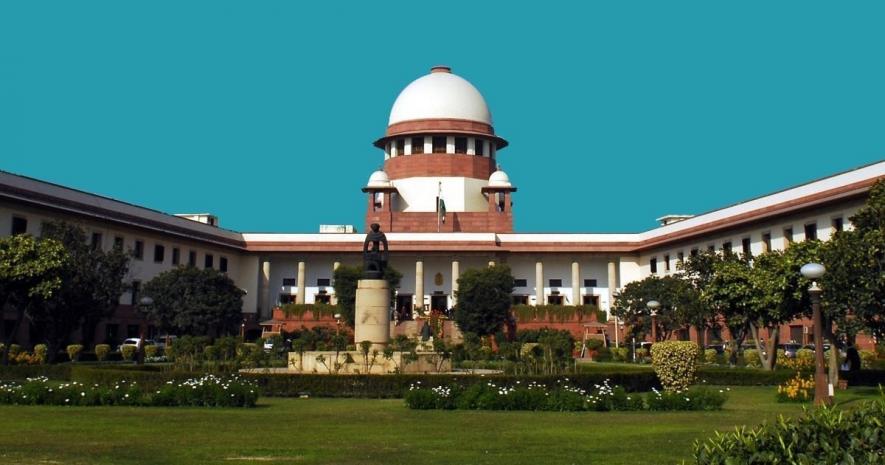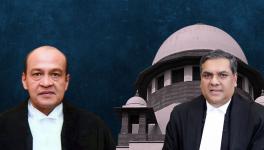Supreme Court Reserves Verdict on CBI

The Solicitor General (SG), Tushar Mehta continued his submissions on behalf of the Central Vigilance Commission (CVC) before the Supreme Court on Thursday. The crux of the hearing lay in whether the Director of the Central Bureau of Investigation (CBI) upon appointment is no longer subject to the All India Services (AIS) and Indian Police Services (IPS) Rules.
The SG contended that the Delhi Special Police Establishment Act (DSPE Act) does not mention that the Director of CBI ceases to be a member of the IPS. He also mentioned that the 1997 Vineet Narain case did not make any such mention either, despite prescribing directions regarding the CBI and CVC’s institutional autonomy.
SG Mehta submitted that the DSPE Act lays down that the Director of CBI is equivalent to an Inspector General of Police. He also said that the Act states that the Director of the CBI is to be chosen from a panel of IPS officers. According to legal news website Live Law, the Chief Justice of India, Ranjan Gogoi, conceded that the Director of the CBI does not cease to be an IPS officer.
Also Read | SC Adjourns CBI Hearing to Nov 29 After 'Leak' of Alok Verma's Sealed Response
Mehta also argued that CBI Director Alok Verma had not been transferred and that the CVC had felt that the nature of the allegations and counter-allegations in his war with Special Director Rakesh Asthana warranted that he could no longer remain in his post. The reason was that the purpose of the inquiry would have been defeated if Verma had remained in his post.
The SG in this vein further told the Court that the CVC was faced with an extraordinary situation and had to take extraordinary measures. Since the DSPE Act bars the Director of the CBI from being transferred except for a more important assignment, and that the Director’s tenure is fixed at a minimum of two years, Verma could not be transferred. The SG sought to describe a transfer as divesting a person’s powers in one place and investing them in the same person in another place. This he claimed was not the case with Verma. He further stated that Verma was only divested of his powers for the duration of the inquiry.
The SG further submitted that if this extraordinary measure had not been undertaken, then the CVC could be accused of dereliction of duty, and thus be answerable to the President, Parliament, or even the Supreme Court.
Also Read | Supreme Court Seeks Verma’s Response on CVC Report
The Attorney General (AG), KK Venugopal, alleged that Verma’s argument that he had been transferred was not correct and was done with a view to attracting the sections of the DSPE Act which bars the Director’s transfer. The AG stated that Verma had not been transferred, but suspended. However, since neither the CVC nor the DSPE Act discusses suspension, Venugopal relied on the General Clauses Act which under section 16 lays down that the power to appoint includes the power to suspend or dismiss.
Additional Solicitor General, PS Narasimha appraised the Court that according to the IPS (Cadre) Rules, an officer with a prescribed minimum tenure cannot be transferred, unless a recommendation is made by committee on minimum tenure. In this light he sought to draw a distinction between a regular transfer and disciplinary transfer.
The Court has reserved its verdict.
Get the latest reports & analysis with people's perspective on Protests, movements & deep analytical videos, discussions of the current affairs in your Telegram app. Subscribe to NewsClick's Telegram channel & get Real-Time updates on stories, as they get published on our website.
























